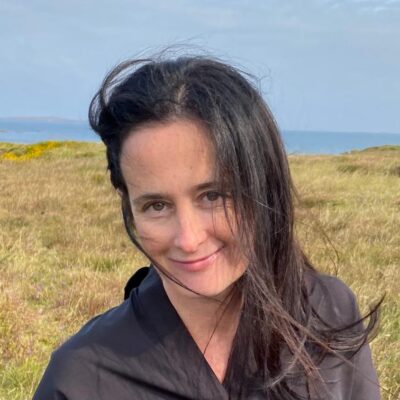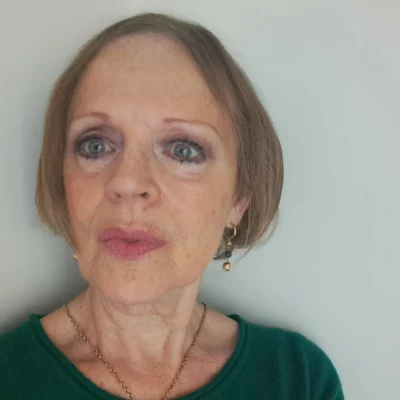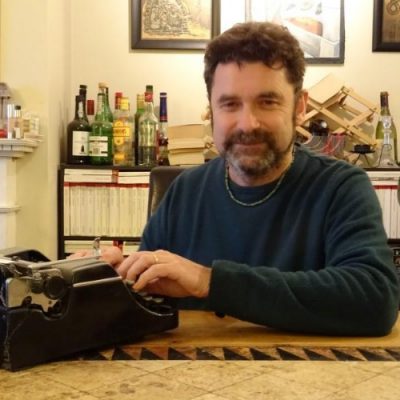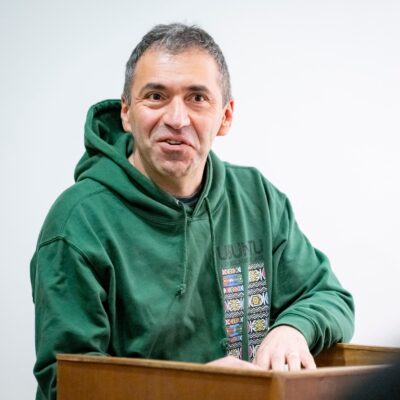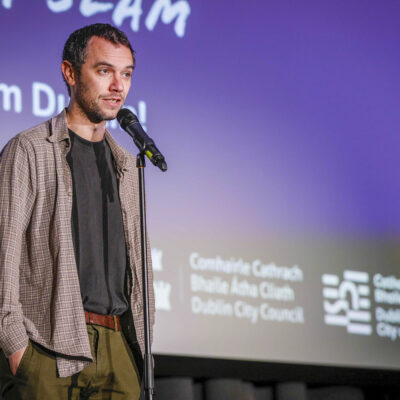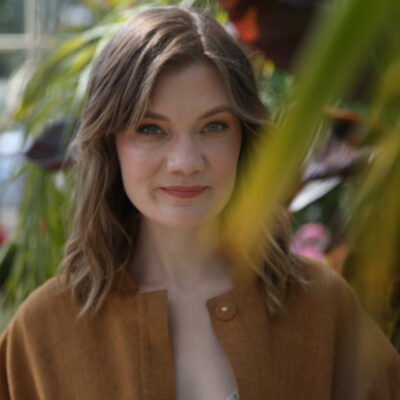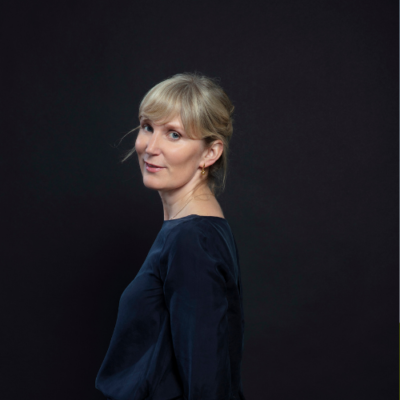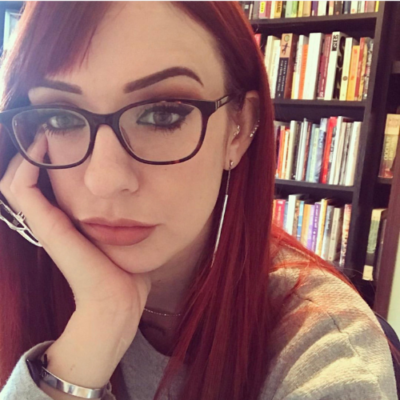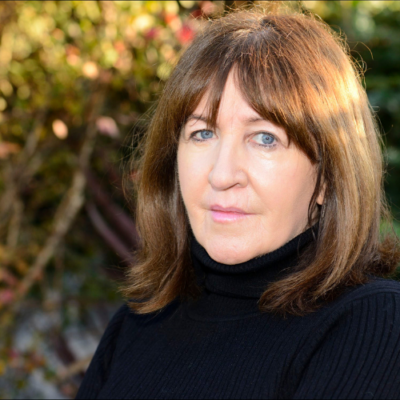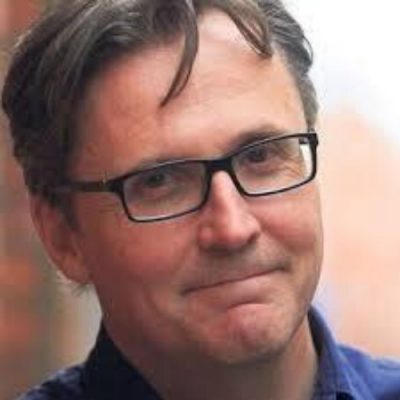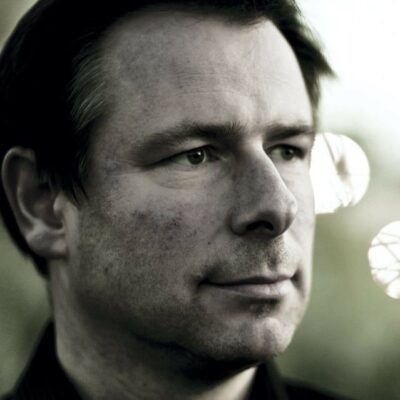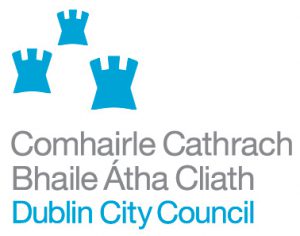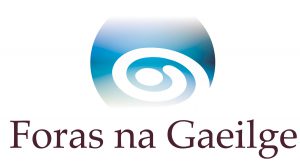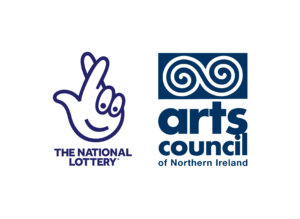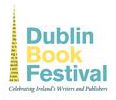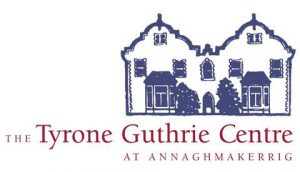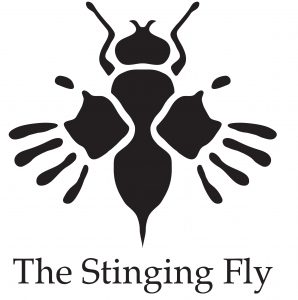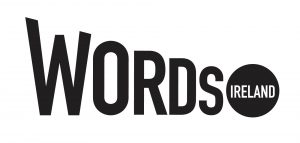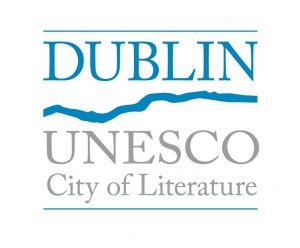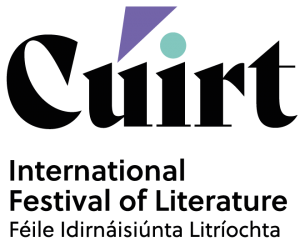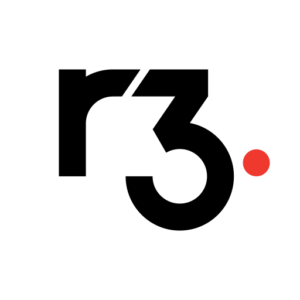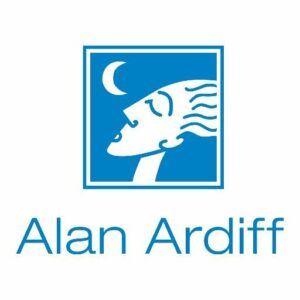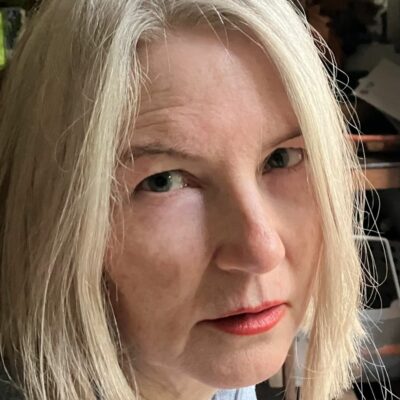
Following the Line: Writing Short Stories with Órfhlaith Foyle
Info
Date: January 28, 2025
Time: 6.30 pm – 8.30 pm
Duration: 8 weeks
Level: Intermediate |
Cost: €275 (€247 Members)
Location: Online
This course will take place online on Tuesdays (eight sessions in total).
Course Summary
An in-depth and intensive eight-week course for practiced writers who wish to write a short story or wish to work on a story. Participants will read and study European and International great short story writers.
Great short stories ‘follow the line’ from the beginning to the end. The beginning needs to resonate with the ending and what is in between is the struggle of character, desire, word choice, narrative distance, action, narrative flow, rhythm etc. Writers will be encouraged to experiment with the short story form, its language, imagery, and dialogue, the opening sentence and paragraph etc.
Course Outline
Each week the workshop writers will read and discuss a short story (emailed in advance), in relation to the points above.
Participants will write a story over eight weeks, using each workshop’s theme/topic to highlight their own work via creative writing exercises, reading aloud, applying writing techniques/rules, playing with the short form, experimenting with breaking rules, rewriting/editing.
Week 1
What is an opening sentence? How does a writer decide upon it? The opening sentence begins the story line. The writer’s job is to follow the line.
Workshop participants explore their own opening sentences. Do these sentences promise a story?
Creative writing exercises to encourage different opening sentences.
Week 2
What is the next line? Where does the writer go from the first sentence? What world are you trying to build in your short fiction? Do you outline a short story?
Workshop exercises based on the pros and cons of predicting the line of a short story and the participants can apply outline techniques to their own work.
Week 3
What does the first paragraph promise a reader of the short story? How is this achieved? Who/what is the main character of your story? Is it their story or does the line of the story come from somewhere else? The different ways to approach a story.
Workshop exercises to look at POV, narrative distance, word choice. How do you settle on the voice of your story? What is your main character’s desire and drive? What are they viscerally afraid of wanting?
Week 4
As it is in the beginning, the middle and the end What is the middle? Where does conflict come from? How does the hidden (unsaid or unwritten) affect the story line?
The flow and rhythm, dialogue between characters, action. How does the writer create a middle that will show the story as it happens in the reader’s head?
Working through various story opening examples, the workshop participants experiment with story ‘middles’ to discover how the writer ensures that they are following the line.
Week 5
The writer’s voice informs everything they write. Where does it come from? What is the difference between the writer’s voice and the story/character’s voice? How does a writer create a memorable character therefore a story?
Workshop participants discuss where their stories(their WIP) came from, an image, a sentence, thought, a slice of conversation then create other, separate fictions, experimenting with prompts/ideas.
Week 6
Where is the freedom within the word limit of short fiction – story, micro, flash etc and how do story techniques and rules defend or crush the line of a story?
Does a writer’s imagination and own experience create fiction that overcomes limits through word choice, detail, voice, concrete description
Workshop participants discuss varied published writers’ approaches to their work through writing exercises on voice, POV, dialogue etc. word limit etc.
Week 7
What is truth in fiction? How is a writer’s own experience also part of their fiction work? What is emotional truth in a story? How does a writer’s own passions and obsessions serve their short fiction while creating individual fictional characters?
Fiction is different from creative non-fiction and working with creative writing exercises and their own short fiction to date , the participants can experiment with what is story and what might be better as memoir.
Week 8
Does your story say what it is meant to say? Does it follow the line to its real and true ending.
Workshop participants study the many and the ways to end a story… the wrap up ending, the ambiguous ending/the cliff ending, the ‘what’ ending, etc.
Workshop participants are invited to read their story.
Course Outcomes
Each participant will be encouraged to question and play within the limits of the short story, and with regard their own WIP to follow the line of their story from its opening sentence to its ending paragraph, and so cultivate the writer’s appreciation of their writing voice and their ability to create short fiction.
Órfhlaith Foyle is a short story writer, poet and dramatist and lives in Galway. Doire Press published her third collection of short stories Three Houses in Rome September 2023. She wrote and directed the radio dramas May’s End and How I Murdered Lucrezia, adapted from her own short stories. Both received full BAI funding and premiered on Newstalk Radio in October 2021 and 2023. Her fourth collection of short fiction will be published by Doire Press in 2027
Booked out? To be added to the waiting list for this course, please email info@irishwriterscentre.ie.

